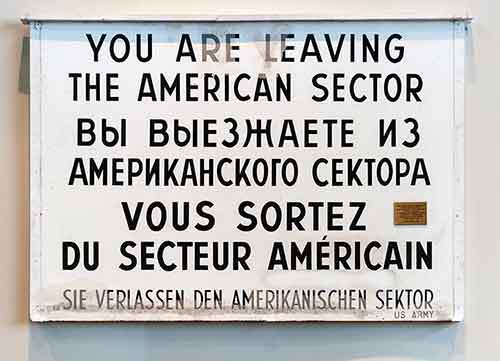When you’re translating a book into another language, how do you keep it from getting . . . lost in translation?
I asked two translators about their process as well as some of the challenges they face while working with literary translations.
Ági Bori specializes in Hungarian translation and Aishwarya Marathe is one of the student translators working on the upcoming French translation project: Continuum: French Science Fiction Short Stories at Ooligan Press.
Q: In your own words, what does a literary translator do?
Aishwarya: Typically you translate from the source language or langue de départ (the language that a text is originally written in) into the target language or langue d’arrivée (your native or L1 language), which for me would be from French to English. Translating an English science fiction story into French would certainly pose its own set of challenges.
Ági: Generally speaking, translators often are working with a text in order to translate it into the English language. But in my opinion, translators are heroes of the literary world in that they try to present underrepresented works to the English speaking audience.
Q: Whenever you’re translating a text, what kind of goals do you aim for in the translation process?
Ági: I try to figure out the style and voice of the author, and I also consider the rhythm, syntax, and the pace of their writing style. Then, I try to mimic that without making it sound like it’s a translation. Translators have a lot of freedom, but at the same time, it’s important not to abuse that freedom. The goal is keeping the original style to the best of your ability, and still reflecting it in another language so that it comes across as the author intended.
Aishwarya: The big idea in my head when I translate is to guard the original French meaning and tone, while at the same time making it appropriate to an English reader. I want the same framework of meaning to be conveyed to the reader.
Q: How closely do you stick to the original text?
Ági: In the beginning I was very much sticking to the text. Now I give myself a lot more space and a lot more freedom. A sentence could, for example, not look like the original at all. It might not even have the same words in it, but it has the same meaning.
Aishwarya: I’ve been erring on the side of not changing what’s already there. For example, in “Inside, Outside” there was a line in the story where one character is calling another character a minus, which is a French term that doesn’t quite have an English equivalent. So I chose the word that felt the closest, and who knows? Another translator may have gone a different direction, but I decided against diving into it and making something more out of it. As a translator, you don’t need to invent meaning, you’re just making sure you’re putting it through the barrier of the languages without too much change.
Q: Are there any tools you consistently rely on to help you do your job?
Ági: The thesaurus is my best friend! Even though we humans have a huge vocabulary and you can know nine out of ten words are in the back of your mind, sometimes only one is present at the time. But then you check the thesaurus and you’re like, oh, yeah, of course this would be better.
Aishwarya: A native French speaker sitting next to me the whole time would be a really nice idea! But that’s sadly not usually the case. I try to make sure that I’m not just referencing a single dictionary or source, especially when I come across words that seem to have more than one context.
Q: I’ve never considered what the workload is like for a translator. How much time does it take to translate a manuscript?
Ági: I like to calculate how much time it’s going to take, so usually it’s about one to two hours per page initially, and then maybe half an hour to go over that, and then another half an hour to go over it again. So you spend, depending on the length of the book, maybe a thousand hours translating it all.
Q: What do you consider the most important aspect of the translation process?
Ági: I think the most important thing is that you need to fall in love with the book—the text, its origin, its content—because you’ll be working on it for a long time, and if you don’t love it, it can become somewhat dry.
Q: What’s the most rewarding part?
Aishwarya: I think—beyond developing language skills from working with words at a very fine level—I think what’s rewarding is at the end, seeing the story in front of you and knowing that this text is now accessible to somebody who otherwise would have been completely closed off to it because of the language barrier.

